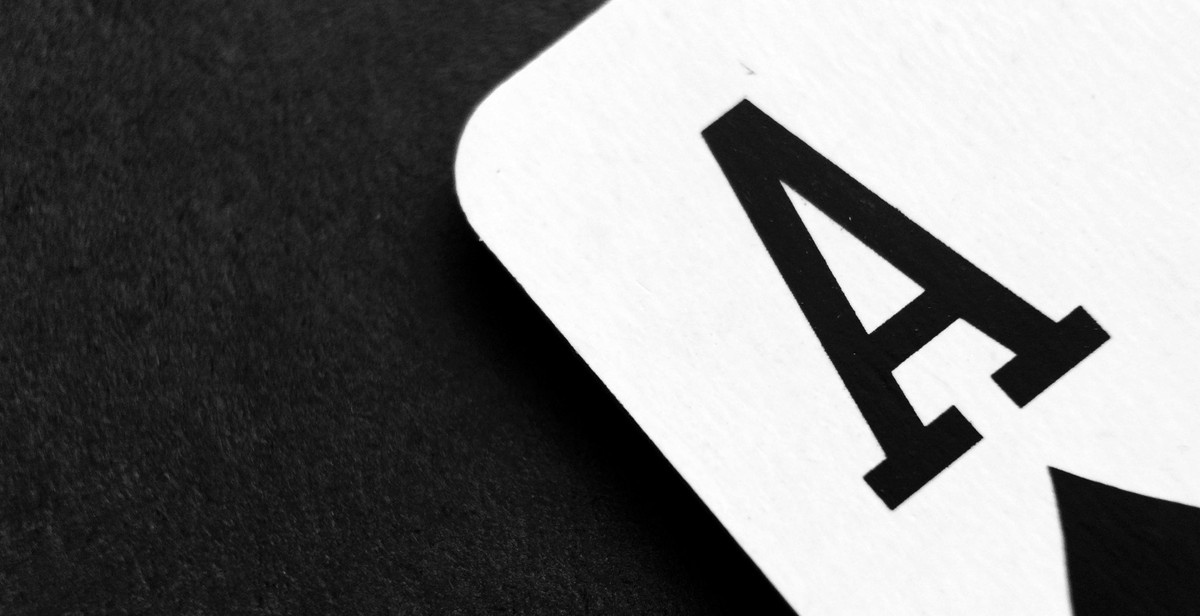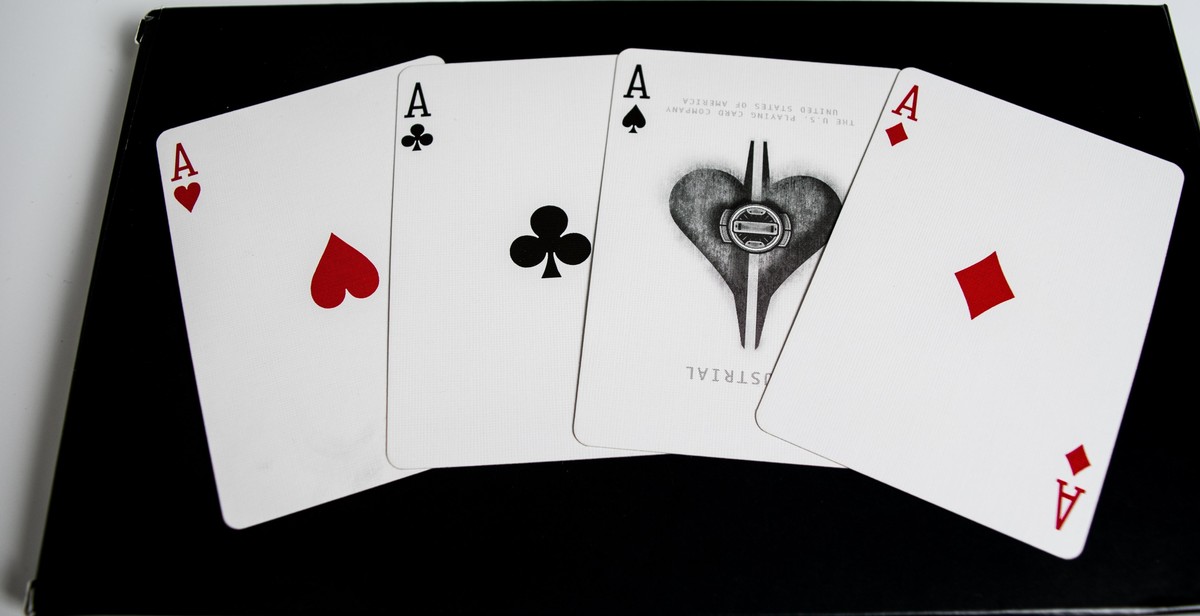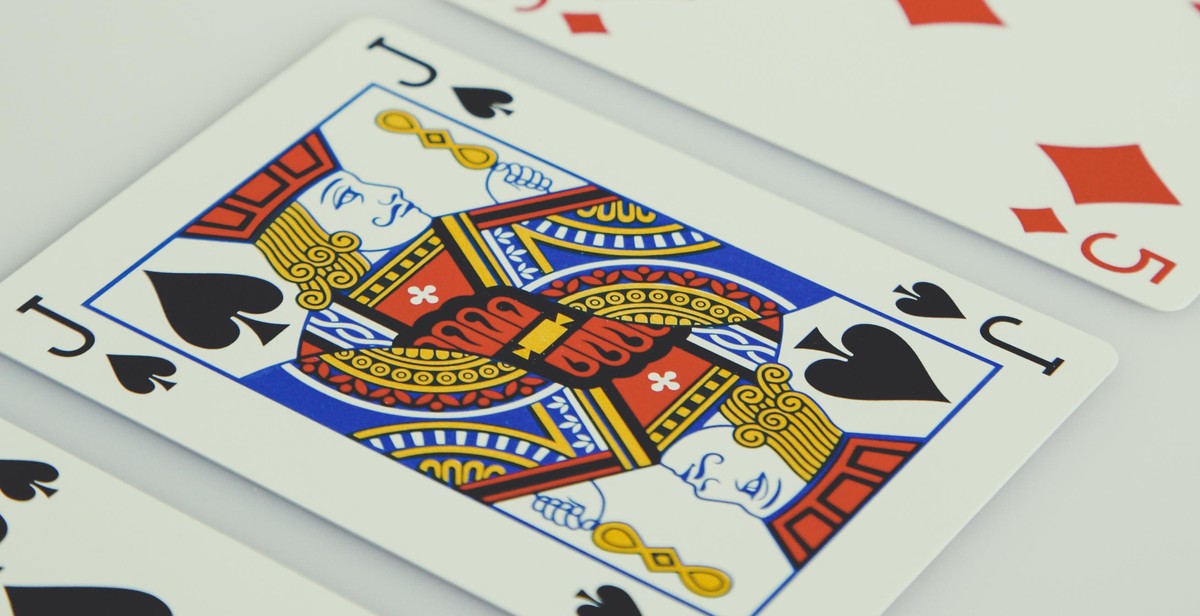How to Play Omaha Poker: Beginner’s Guide to Rules and Strategies
Omaha poker is a popular variant of Texas Hold’em that is quickly gaining popularity among poker players. The game is similar to Texas Hold’em, but with a few key differences that make it a unique and exciting game to play.
What is Omaha Poker?
Omaha poker is a community card game where each player is dealt four cards face down, known as hole cards. The dealer then places five community cards face up in the middle of the table, known as the board. The goal of the game is to make the best five-card hand using two of your hole cards and three of the community cards.
One of the key differences between Omaha and Texas Hold’em is that in Omaha, each player is dealt four hole cards instead of two. This means that there are more possible combinations of hands and more opportunities for players to make big hands.
Why Play Omaha Poker?
Omaha poker is a great game for players who are looking for a new and exciting challenge. The game requires a different strategy than Texas Hold’em, as players must consider all four of their hole cards when making decisions.
Omaha is also a great game for players who enjoy action, as there are often more players in each hand and more opportunities to make big hands. The game is also popular among high-stakes players, as the increased number of possible hand combinations means that there is more room for skill to come into play.
If you’re new to Omaha poker, this beginner’s guide will teach you the rules and strategies you need to know to get started.

Omaha Poker Rules
Omaha Poker is a popular variant of Texas Hold’em and is played with a standard deck of 52 cards. In Omaha, each player is dealt four cards, and there are five community cards that are dealt face up on the table. The objective of the game is to make the best five-card hand possible using two of your four hole cards and three of the community cards.
Hand Rankings
Omaha Poker uses the same hand rankings as Texas Hold’em. The highest-ranking hand is a royal flush, followed by a straight flush, four of a kind, full house, flush, straight, three of a kind, two pair, one pair, and high card.
Blinds and Antes
Omaha Poker uses blinds, which are forced bets that are placed before the start of each hand. The player to the immediate left of the dealer places the small blind, and the player to their left places the big blind. The big blind is usually twice the size of the small blind. In addition to blinds, some Omaha games may also use antes, which are smaller forced bets that all players must make before the start of each hand.
Dealing the Cards
After the blinds and antes have been placed, the dealer shuffles the deck and deals four cards face down to each player. These four cards are known as hole cards, and they are only visible to the player who receives them. After the hole cards have been dealt, the first round of betting begins.
Betting Rounds
There are four betting rounds in Omaha Poker. The first round of betting begins after the hole cards have been dealt, and the remaining rounds of betting take place after each of the community cards has been revealed.
During each betting round, players have the option to call, raise, or fold. To call, a player must match the amount of the previous bet. To raise, a player must increase the amount of the previous bet. If a player does not want to continue in the hand, they can fold and forfeit their cards.
Showdown
After the final round of betting, if there are still two or more players remaining in the hand, a showdown occurs. In a showdown, each player reveals their hole cards, and the best five-card hand wins the pot. Players must use two of their hole cards and three of the community cards to make their best hand.
If there is a tie, the pot is split between the players with the best hands. After the pot has been awarded, the dealer button moves one position to the left, and a new hand begins.
Conclusion
In conclusion, Omaha Poker is an exciting and challenging game that requires skill, strategy, and a bit of luck. By understanding the rules and hand rankings, as well as the betting rounds and showdown, you can become a successful Omaha player and have a lot of fun at the same time.

Omaha Poker Strategies
Omaha Poker is a game of skill and strategy. In order to become a successful Omaha Poker player, you need to have a good understanding of the game’s strategies. Here are some essential Omaha Poker strategies that can help you improve your game:
Starting Hands
Starting hands are very important in Omaha Poker. Unlike in Texas Hold’em, where you are dealt two hole cards, in Omaha Poker you are dealt four hole cards. This means that there are more possible starting hands and it can be difficult to know which ones to play.
It is important to remember that in Omaha Poker, you need to have a strong hand to win. This means that you should only play starting hands that have the potential to make a strong hand. Some of the best starting hands in Omaha Poker include:
- Ace-Ace-King-King (double-suited)
- Ace-Ace-Queen-Queen (double-suited)
- King-King-Queen-Queen (double-suited)
- Ace-Ace-Jack-Ten (double-suited)
It is important to note that while these are some of the best starting hands in Omaha Poker, they are not guaranteed winners. You still need to play them correctly and make the right decisions throughout the hand.
Position
Position is also very important in Omaha Poker. Being in a later position gives you an advantage because you get to see what your opponents do before you have to act. This allows you to make more informed decisions and can help you to win more pots.
When you are in early position, it is important to be more cautious with your starting hands. You should only play strong starting hands and avoid playing weaker hands. When you are in later position, you can be more aggressive and play a wider range of hands.
Reading Opponents
Reading your opponents is an important part of any poker game, including Omaha Poker. You need to be able to read your opponents’ actions and make informed decisions based on their behavior.
One way to read your opponents is to pay attention to their betting patterns. If a player is consistently betting or raising, they may have a strong hand. If a player is checking or calling, they may have a weaker hand. It is also important to pay attention to their body language and facial expressions, as these can give you clues about their hand.
Bluffing
Bluffing is an important part of any poker game, but it can be more difficult in Omaha Poker because there are more possible hands. However, if you have a good read on your opponents and you think they have weak hands, you can try to bluff them out of the pot.
It is important to remember that bluffing should be used sparingly in Omaha Poker. You should only bluff when you have a good read on your opponents and you think they are likely to fold. If you bluff too often, your opponents will catch on and you will lose credibility.
| Starting Hands | Probability of Winning |
|---|---|
| Ace-Ace-King-King (double-suited) | 31.36% |
| Ace-Ace-Queen-Queen (double-suited) | 28.18% |
| King-King-Queen-Queen (double-suited) | 26.81% |
| Ace-Ace-Jack-Ten (double-suited) | 25.99% |

Conclusion
Omaha Poker is a fascinating game that requires a blend of strategic thinking and calculated risk-taking. As a beginner, it may seem daunting to learn the rules and strategies, but with practice and patience, you can master the game.
Tips for Winning at Omaha Poker
- Always pay attention to the community cards and how they could affect your hand.
- Be cautious when playing hands with low pairs or single suits.
- Try to play aggressively and take control of the pot early on.
- Don’t be afraid to fold if you have a weak hand or feel like you’re outmatched.
- Practice good bankroll management and only play with money you can afford to lose.
Final Thoughts
Omaha Poker is a game that rewards players who are patient, analytical, and strategic. It may take some time to get the hang of the rules and strategies, but with practice and experience, you can become a skilled player and enjoy the game to the fullest.
Remember to always play responsibly and never gamble more than you can afford to lose. Good luck at the tables!
